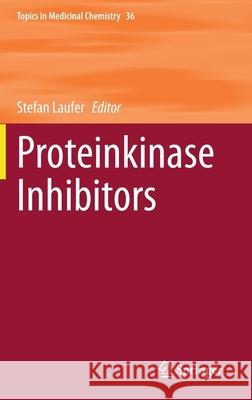Proteinkinase Inhibitors » książka
topmenu
Proteinkinase Inhibitors
ISBN-13: 9783030681791 / Angielski / Twarda / 2021 / 256 str.
Proteinkinase Inhibitors
ISBN-13: 9783030681791 / Angielski / Twarda / 2021 / 256 str.
cena 564,88
(netto: 537,98 VAT: 5%)
Najniższa cena z 30 dni: 539,74
(netto: 537,98 VAT: 5%)
Najniższa cena z 30 dni: 539,74
Termin realizacji zamówienia:
ok. 16-18 dni roboczych.
ok. 16-18 dni roboczych.
Darmowa dostawa!
Kategorie BISAC:
Wydawca:
Springer
Seria wydawnicza:
Język:
Angielski
ISBN-13:
9783030681791
Rok wydania:
2021
Wydanie:
2021
Numer serii:
000082904
Ilość stron:
256
Waga:
0.54 kg
Wymiary:
23.39 x 15.6 x 1.6
Oprawa:
Twarda
Wolumenów:
01
Dodatkowe informacje:
Wydanie ilustrowane











